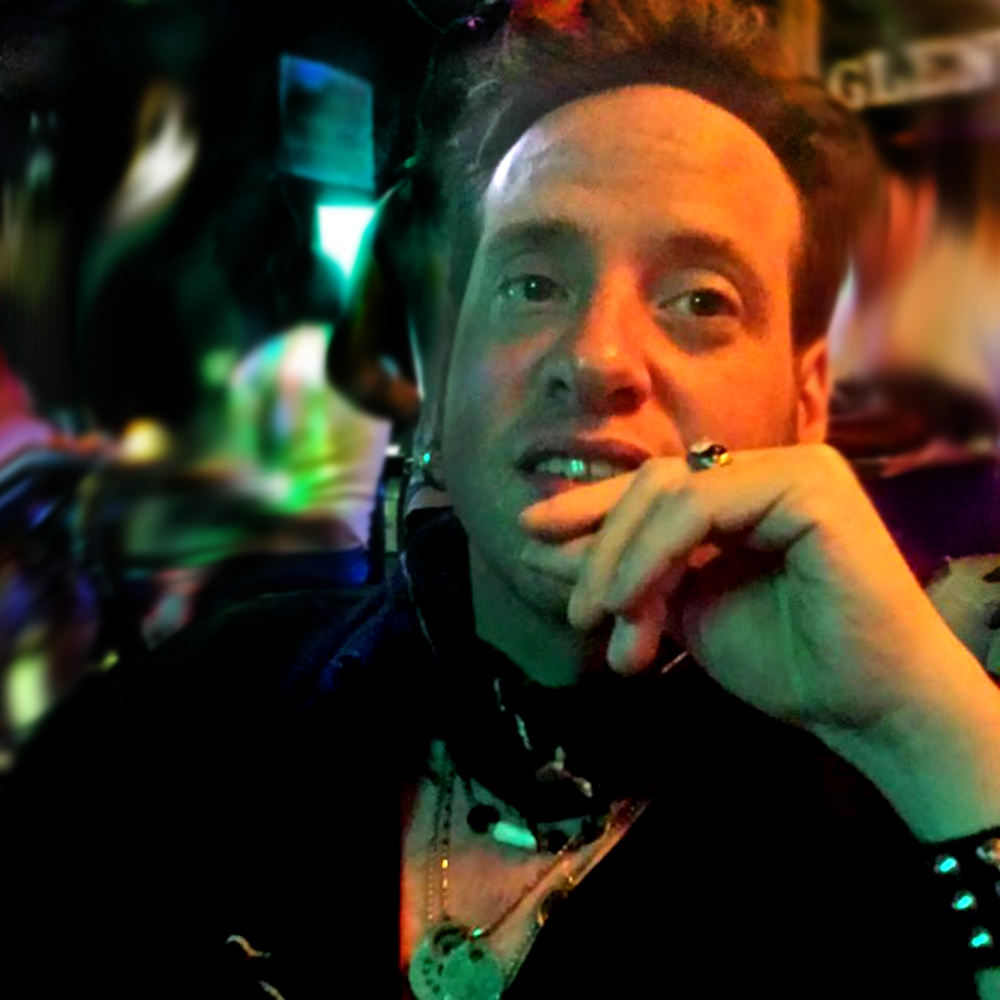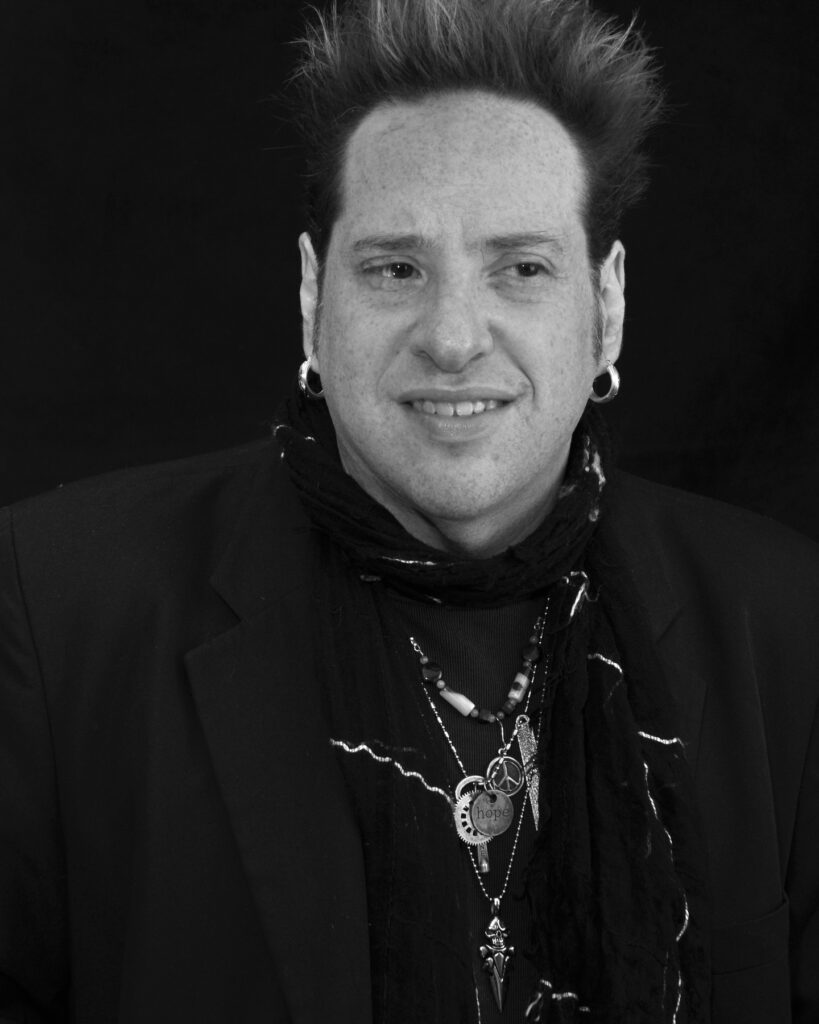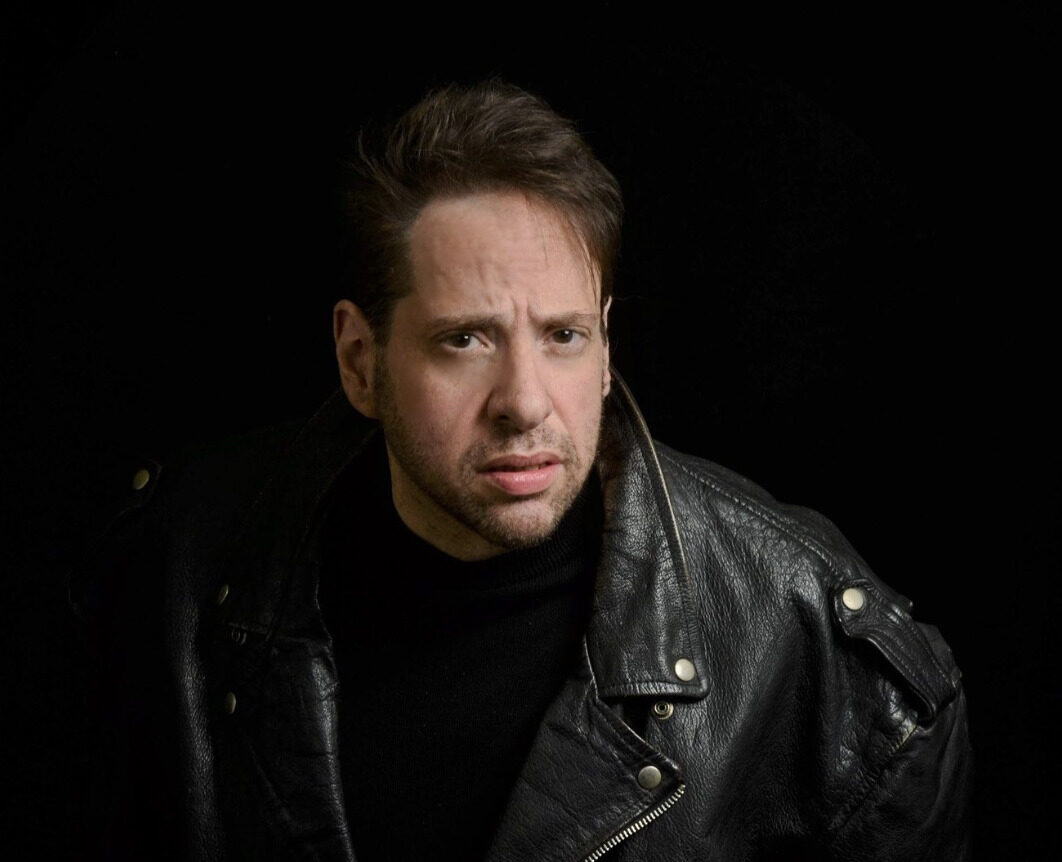Chicago-based A well-known singer-songwriter, Stuart Chaseman is influenced by legendary American roots rock greats like Bruce Springsteen and Bob Dylan for his distinctive sound. The Netflix dating reality series “Jewish Matchmaking” will premiere on May 3rd, and Stuart will soon be a contestant on it.
The roots rock song “Sins” is about the delusion that happiness can be found in another person, such as a former partner. Eventually, the narrator understands that the bridge has been destroyed and that this is the result of his actions. The song’s opening line pays homage to Bob Dylan’s song “Like a Rolling Stone,” who had a significant influence on Chaseman’s songwriting. Check out the exclusive interview below:

1. Can you tell us a bit about where you come from and how it all got started?
STUART CHASEMAN: Well, that really depends on how you are defining “it.” I grew up in the suburbs of Chicago,… Glenview and Buffalo Grove for anyone familiar with the area. I think the first song I wrote that was at least moderately decent was when Michael Jordan retired. I don’t remember if it was the first or second time. Was there even a third time? Anyway it was so odd, because I’m so not a sports person. I just started singing “Bye Bye Michael, Michael Bye Bye, You sure gave us a ride, it was one hell of a ride.” The fact that I wasn’t any sort of basketball super fan just goes to show you that there is just no controlling or predicting the muse. That was a great lesson to learn early on in my efforts to write songs. I knew where he lived. Everyone in the area knew which house was his. I sent a copy on cassette to his house and got back an autographed picture.
2. Did you have any formal training or are you self-taught?
STUART CHASEMAN: As a kid, I took guitar lessons with a whole class on Saturday mornings. I also had to go to Sunday school on Sunday mornings. I’m not a morning person, and that meant getting up early seven days a week. I needed at least one day to sleep late. My parents wouldn’t let me drop Sunday school, so I ended up dropping out of guitar. That was the extent of my lessons. I didn’t pick it up again until college and tought myself piano as well. I wish I would have stuck with it as a kid. It’s so much easier to learn things as a kid when you don’t have to deal with the knee deep bullshit of day to day living. I think I’d be a better player.
3. Who were your first and strongest musical influences and why the name ‘STUART CHASEMAN’?
STUART CHASEMAN: Bruce Springsteen and Bob Dylan. I came up through more of the acoustic coffee house scene. I wasn’t a band guy. I’ve never played in a band other than playing with my band. If you came up in that scene as a singer songwriter, Dylan was the guy everyone wanted to emulate. In the eighties, when Born in the USA came out it didn’t really speak to me. Those were the only Springsteen songs I knew and I liked them, just didn’t love them. When that 3 disc live set came out and I heard track one of disc one, the solo piano acoustic Thunder Road, I was blown away. I had not heard the Born to Run version yet. I may have but it didn’t really strike a chord. I never heard any music so intimate yet powerful. I knew then that that was the type of songs I wanted to write. I eventually went back and discovered the whole catalog. As far as the name, that’s one of the stranger questions I’ve received. Does it sound like a stage name? That’s just my name.
4. What do you feel are the key elements in your music that should resonate with listeners, and how would you personally describe your sound?
STUART CHASEMAN: The words that come to mind are honesty and vulnerability. I think any piece art, not just music, is best when a piece of the artist really comes through. I love the Stones, and I don’t want this to be peceived as any sort of dis towards them. However, you can listen to the entire Stones catalog front to back and learn nothing about Mick Jagger personally through his lyrics…. I mean other than the fact that he likes to get laid. That’s not the type of writer I strive to be. My new album was written over the backdrop of my father dying and a long term relationship ending. That’s all in there. I really don’t know how to describe my sound. I’ll leave that to others.

5. What has been the most difficult thing you’ve had to endure in your life or music career so far?
STUART CHASEMAN:
The most difficult thing I ever went through is when my mom got dimentia at a relatively young age. My dad had already passed, and I’m an only child. The weight of the situation was all on my back. I turned the rest of my life off during my mom’s final two years. I went to the nursing home every day. I did my best to care for her. I don’t that I did anything particularly nobel. That’s what a child should do. After all, she spent a lot more time caring for me. There’s no “mom dying song” on the new album though there is one for my dad called “This Train Revisited.” I was closer with my mom, but I think I’m still a little too raw to put that ordeal to music.
6. Do you feel that your music is giving you back just as much fulfillment as the amount of work you are putting into it or are you expecting something more, or different in the future?
STUART CHASEMAN:
Well the reward for writing a great song is writing a great song. That’s it. I don’t think you should have any expectations beyond that. There are some awful songs that sell a million records. That would be nice, but is it fulfilling? I don’t know; I’ve never sold a million records. It’s certainly rewarding, but I doubt it’s fulfilling. Writing songs is tough. Elvis had it easy just picking out what songs he wanted to sing. I think when great songwriters start putting out sensless cover song albums, it’s not necessarily that they lost their gift. I think it just takes too much effort to do it all again, and they’re not as hungry.
7. Do you think is it important for fans of your music to understand the real story and message driving each of your songs, or do you think everyone should be free to interpret your songs in their own personal way?
STUART CHASEMAN:
Well I think once I write a song and sing it live or put it on a record then the song no longer belongs to just me. It has been set free in the world. I can control it during the writing process, but just like with a child there comes a point that you have to let go. If someone listens to a song I wrote and it speaks to them that’s all I can ask. I would never want to take that away just because they put their own spin on it or heard something different than what I intended.
8. Could you describe your creative processes? How do usually start, and go about shaping ideas into a completed song? Do you usually start with a tune, a beat, or a narrative in your head? And do you collaborate with others in this process?
STUART CHASEMAN: It comes in a whole varity of ways. It would be nice if it was more of a science where you knew if you did a, b and c a great song would materialize. Songs come to me more often in the checkout line in the supermarket than they do while strumming my guitar. Typically a lyric pops in my head. I then start to sing it and a vocal melody comes to me. I start to wonder if it popped in my head because it already exists or if I just wrote it. Provided google never heard of it, I then start to wrap some chords around it. Then I have to figure out if that’s a verse or a chorus. Once you get sort of a map of how the song will unfold the rest is just paint by numbers. I could write just a few lines of a song and know 90% of the song is done. Filling in the blanks is the easy part. I’ve never co-written a song. Frankly, I don’t know how to do that. I do certainly colaborate with the band and the producer on the arrangements of the songs.
9. Creative work in a studio or home environment, or interaction with a live audience? Which of these two options excites you most, and why?
STUART CHASEMAN: Well playing live is the fun part, and the part I’m jonesing to do. I can’t wait to play these songs live. Unfortunately, I’m recovering from spine surgery and that won’t be until August I’m thinking. However, recording the tunes is also pretty exciting. I mean you can only play the songs alone in your bedroom for so long. It’s exciting to hear them take shape and see what the producer and other musicians bring to the mix. The actual writing I’d have to say is simultaneously the most rewarding and most frustrating. That’s the part of the job that’s the grind… the part the people don’t get to see. Having said that, there’s nothing quite like the high of finishing a song and knowing that it’s really good. If that came in a bottle, we’d all be addicted.
10. With social media having a heavy impact on our lives and the music business in general, how do you handle criticism, haters, and/or naysayers in general? Is it something you pay attention to, or simply ignore?
STUART CHASEMAN: I’d love to say I ignore it, but I’d be lying. If I read five great reviews of my work and one negative, unfortunately it’s the negative that stays with me. I mean I already think the songs are good so when someone else says it – it’s just consistent with what I think. If someone were to ever come up with a really well thought out negative assessment, I don’t think it would bother me if it was a fair. It’s really the stupid stuff that makes me want to shout back at my monitor. Recently, I read a review of my single Sins where the reviewer made some sort of comparison to Billy Ray Cyrus. It was actually a positive review but I couldn’t get past the comparison. It was just the oddest thing. It made me wonder if he even listened to the song.
KEEP IN TOUCH:
INSTAGRAM | SPOTIFY | WEBSITE

Photo Credit: Ken Alverez
